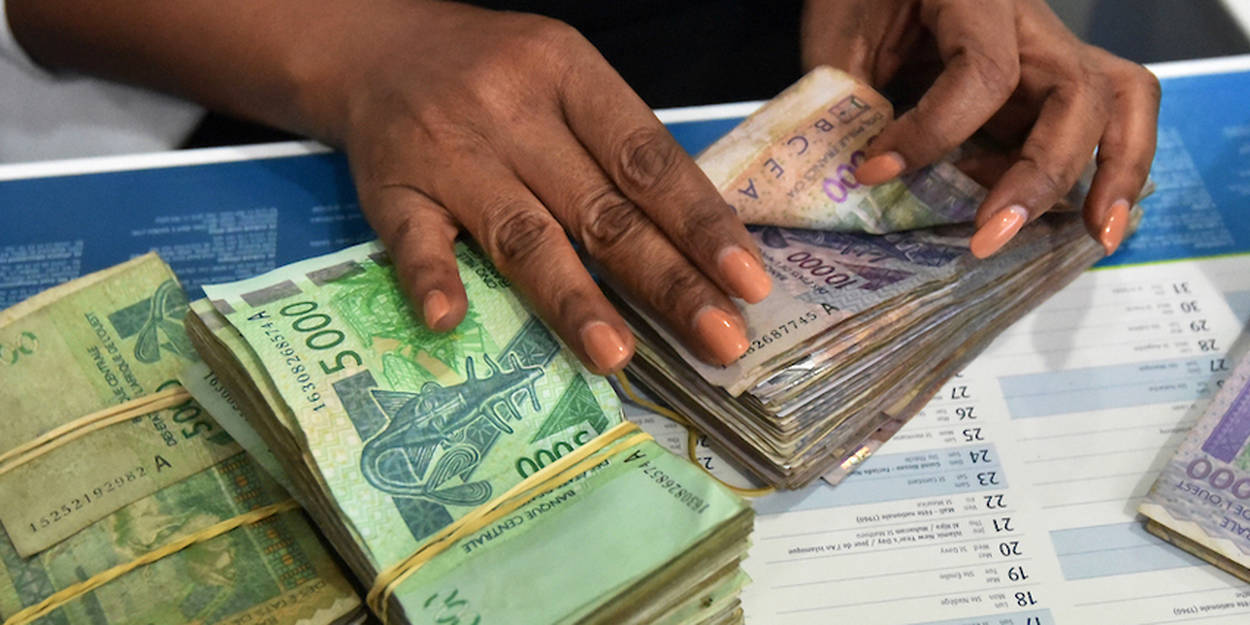Mali allocates 200 billion CFA francs to ease domestic debt burden

The Malian government has taken a significant step towards alleviating its massive domestic debt, allocating 200 billion CFA francs to reduce the financial strain.
This move, which was announced over the weekend, has already been welcomed by former Prime Minister Moussa Mara.
A portion of Mali’s domestic creditors are set to benefit from the government’s decision.
“A program to clear 200 billion CFA francs of domestic debt has been initiated by the State of Mali.
Starting Monday, the payment of outstanding obligations will begin, covering all sectors,” stated a communiqué from the Ministry of Economy and Finance.
Mali’s Domestic Debt Exceeds 3 Trillion CFA Francs
Mali’s domestic debt is estimated to surpass 3 trillion CFA francs, a sum that has accumulated due to various factors.
According to the Minister of Economy and Finance, Alousséini Sanou, the country’s security crisis in the northern regions has led to additional expenses that the government has had to absorb.
This, in turn, delayed the settlement of internal debts.
The minister emphasized the difficult economic situation facing Mali, noting that since 2020, the country has not received any external budgetary support.
“We are functioning with internal revenue mobilized by customs, taxes, and public land.
Financing from national banks and the central bank has been drastically reduced,” Sanou explained.
He also praised the resilience of Malian businesses, many of which have been struggling due to delayed payments.
Former Prime Minister Moussa Mara Praises the Initiative
Acknowledging the financial challenges faced by companies across the country, former Prime Minister Moussa Mara commended the government’s initiative.
“This partial repayment will provide businesses, banks, and even the government with essential resources,” he said.
However, Mara urged the Malian Treasury to ensure transparency in the debt settlement process, particularly by prioritizing vulnerable companies that are most exposed to financial difficulties.
As Mali navigates its financial challenges, this move is seen as a positive step in providing much-needed relief to domestic creditors and stimulating the country’s struggling economy.
About The Author
dailymailafric
I am an avid African news observer, and an active member of Daily Mail Africa.
I’m Passionate about staying informed on diverse topics across the continent,
I actively contribute to publishing on political, economic and cultural developments in Africa.



